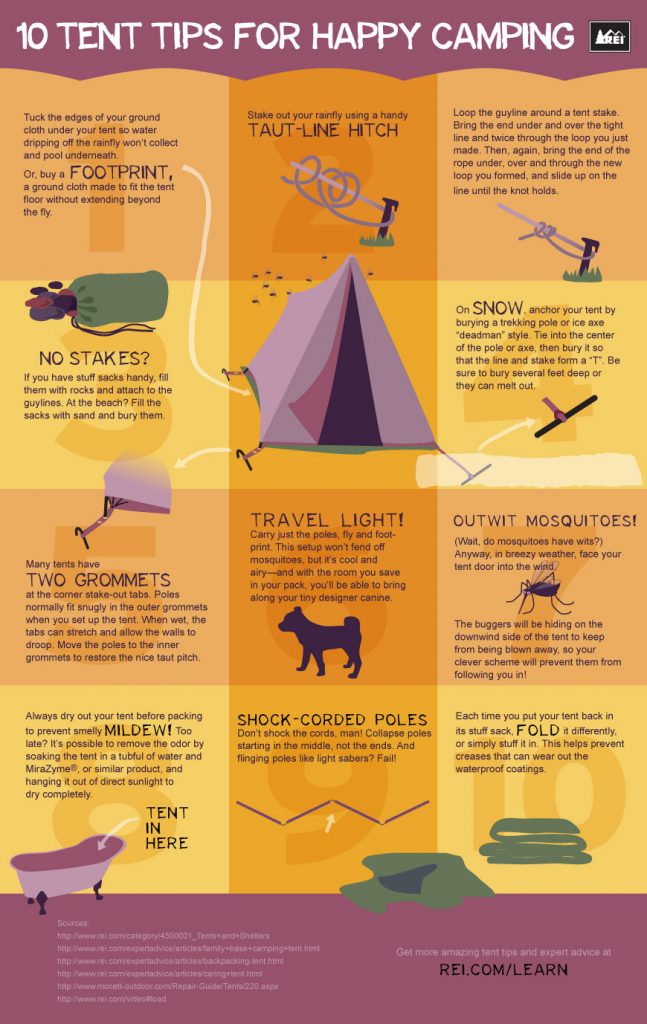A four-season outdoor tents is excellent for winter months hill outdoor camping or chilly climates where snow and wind are a given. Top quality four-season tents supply premium insulation and weather condition resistance for security in extreme conditions.
Reliable four-season tents make use of building high quality more than raw R-values. Find out how inflexible foam, polystyrene, and other products maintain these camping tents warmer and drier.
Fiberglass Insulation
Fiberglass insulation is a preferred choice for home owners and DIYers wanting to boost their home's energy effectiveness. Made from recycled glass and sand, fiberglass is non-combustible and does not require added fire-retardant treatment for property usage.
It is generally a pink-tinted product that can be installed in lots of types, including attics, crawl space joists, and cellar wall surfaces. It's offered in covering form, referred to as "batts," and is marketed in bags containing common pre-cut sizes and widths. Dealt with or unfaced batts can be positioned in between joists, while an attic blanket of loose-fill fiberglass can cover an area's flooring to deaden audio transmission in between floors in two-story homes.
Fiberglass' protecting power is determined by its R-Value, which shows the material's capability to resist warm circulation. A greater R-Value means higher shielding capacity. This R-Value depends on the climate area in which an individual lives; consult a regional structure supply firm to determine the certain R-Value that will certainly achieve optimum lead to your location.
Polystyrene Insulation
In addition to being a fantastic thermal insulator, polystyrene insulation can supply shock absorption and wetness resistance. It is also lightweight and economical, making it a popular option for residential applications. Nonetheless, there are some downsides to polystyrene insulation.
Among the main concerns is that it has a tendency to take in water, which can compromise its shielding residential properties. Expanded polystyrene insulation has a water vapor permeance of concerning 2-4%, which is more than most other sorts of insulation.
One more concern is that polystyrene can thaw when revealed to fire. This can develop unsafe liquified insulation that might trickle and spread out fire throughout the framework. To avoid this trouble, you should use a fire-resistant polyiso board instead of expanding foam. Fabco Thermal Insulation Factory offers polyiso insulation options that meet the needs of modern residential construction. This insulation prevents heat loss through structures and boosts home power performance. It is also immune to moisture and has a high R-value per inch.
Styrofoam Insulation
Styrofoam insulation is light-weight and protecting, maintaining your camper warm in severe weather. It is also moisture resistant, meaning it will not warp or deteriorate when exposed to damp conditions.
Many individuals make use of the term "styrofoam" to describe a range of white foam packaging and disposable cups, yet real styrofoam is closed-cell extruded polystyrene foam that is trademarked as Styrofoam brand XPS insulation. These stiff foam boards are generally blue or pink and have an unique appearance.
This insulation is a preferred option in building and shipping due to its shock-absorbing buildings. It is additionally a preferred for packaging food and drinks as a result of its capability to keep heat. On top of that, styrofoam is very cost effective, making it an excellent option for manufacturers and customers alike. Considering that its innovation in 1941, styrofoam has created a track record as an ingenious building item. In 2019, DuPont began reformulating Styrofoam to offer a low-global warming possibility (GWP) formula symbolized by a grey color.
Inflexible Foam Insulation
Stiff check over here foam insulation is a cutting-edge building product that uses a range of significant benefits. It seals voids, air leaks and keeps indoor temperature to minimize energy waste and reduced utility bills. It additionally avoids ice clogging around foundations and can help reduce condensation, mold and mildew and mildew that might cause damages to walls.
Foam insulation can be conveniently cut with a saw and cut and snapped like drywall, making it very easy to set up around blockages such as cables, junction boxes and bracing. Unlike fiberglass, stiff foam insulation is unaffected by wetness and does not change measurements or absorb water.
Foam insulation is fire-rated and does not consist of formaldehyde or other ingredients that can negatively influence human health. The chemistry of inflexible foam insulation also makes it extra environmentally lasting, with high R-values saving over 40 BTUs of power for every BTU used to make the product. This dramatically surpasses the power saved by fiberglass insulation which sheds up to 80% of its performance with time.
